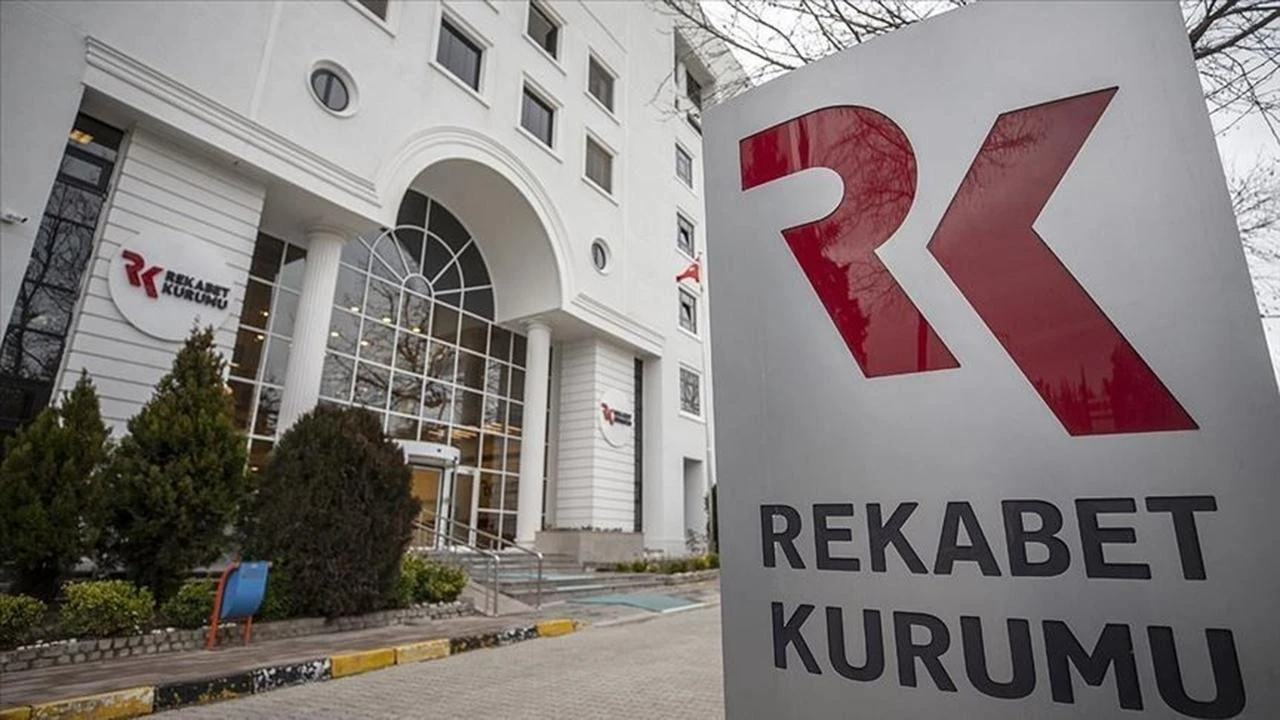Türkiye to introduce ‘gatekeeper’ rules for digital platforms to ensure market fairness
 Person viewing social media apps folder on smartphone screen including X, Instagram, Facebook, LinkedIn, TikTok, YouTube and Snapchat in Bangkok, Thailand on November 16, 2024, accessed on 15 April, 2025. (Adobe Stock Photo)
Person viewing social media apps folder on smartphone screen including X, Instagram, Facebook, LinkedIn, TikTok, YouTube and Snapchat in Bangkok, Thailand on November 16, 2024, accessed on 15 April, 2025. (Adobe Stock Photo)
Türkiye is preparing to introduce a legislative reform that will designate large-scale digital platforms as “gatekeepers” under amendments to the Law on the Protection of Competition.
The aim is to establish fair competition in digital markets and curb self-preferencing practices by dominant platforms, according to Turkish media reports.
The “gatekeeper” concept, already present in the European Union’s Digital Markets Act (DMA), will be reportedly incorporated into Turkish law.
Platforms that reach a certain threshold in market activity will be classified as gatekeepers and subject to specific obligations to prevent market distortions.

Definition and scope of gatekeeper platforms
Platforms will be defined as gatekeepers if they meet criteria such as having significant influence in the domestic market, acting as key intermediaries between businesses and users, and occupying a dominant position.
Companies operating in Türkiye—even if headquartered abroad—will also fall under these rules if designated as gatekeepers by the Turkish Competition Authority. Thresholds for this classification will be specified in an official communique.
The authority may determine gatekeeper status either through self-disclosure by companies or through its own initiative.
Restrictions to prevent market abuse
Once designated as gatekeepers, platforms will be prohibited from:
- Favoring their own products or services in ranking or display compared to third parties.
- Using data collected from commercial users to compete against them.
- Conditioning access to services on subscriptions to other core services of the platform.
- Forcing users or commercial clients to register for other core services as a condition of access.
- Limiting or making it harder for commercial users to work with competing businesses.
- Preventing different pricing or conditions for the same product or service via alternative channels.
Gatekeepers will also be prohibited from combining personal data collected from core platform services with third-party data unless explicitly permitted by the end user.
Additionally, platforms must share data collected from users with business clients free of charge.

Enforcement and penalties
The Competition Authority will reportedly have the power to impose structural remedies if violations are detected—whether via complaints, tips, or at the request of the Ministry of Trade.
If a gatekeeper violates obligations twice within five years, structural remedies may be applied without first resorting to behavioral measures. Financial penalties may reach up to 10% of the company’s annual global turnover, and in the case of repeated violations, this may double.
These measures aim to enhance deterrence and prevent long-term distortions in digital markets.

Alignment with European Union
The initiative mirrors the European Union’s Digital Markets Act (DMA), which came into force on Nov. 1, 2022.
The European Commission uses specific criteria to determine gatekeeper status, including:
- A turnover of at least €7.5 billion ($8.49 billion) annually in the European Economic Area for the past three years or a market value of €75 billion ($84.97 billion)
- Active platform services in at least three EU member states
- Over 45 million monthly active users and more than 10,000 business users based in the EU
Platforms such as TikTok, Facebook, Instagram, LinkedIn, WhatsApp, Messenger, Google Maps, Google Play, Google Shopping, Amazon Marketplace, App Store, YouTube, Chrome, Safari, Android, iOS, and Windows have already been classified as gatekeepers in the EU.
Non-compliance in the EU can result in penalties of up to 10% of global revenue, and in cases of repeat offenses, up to 20%, as well as potential bans on offering services.



